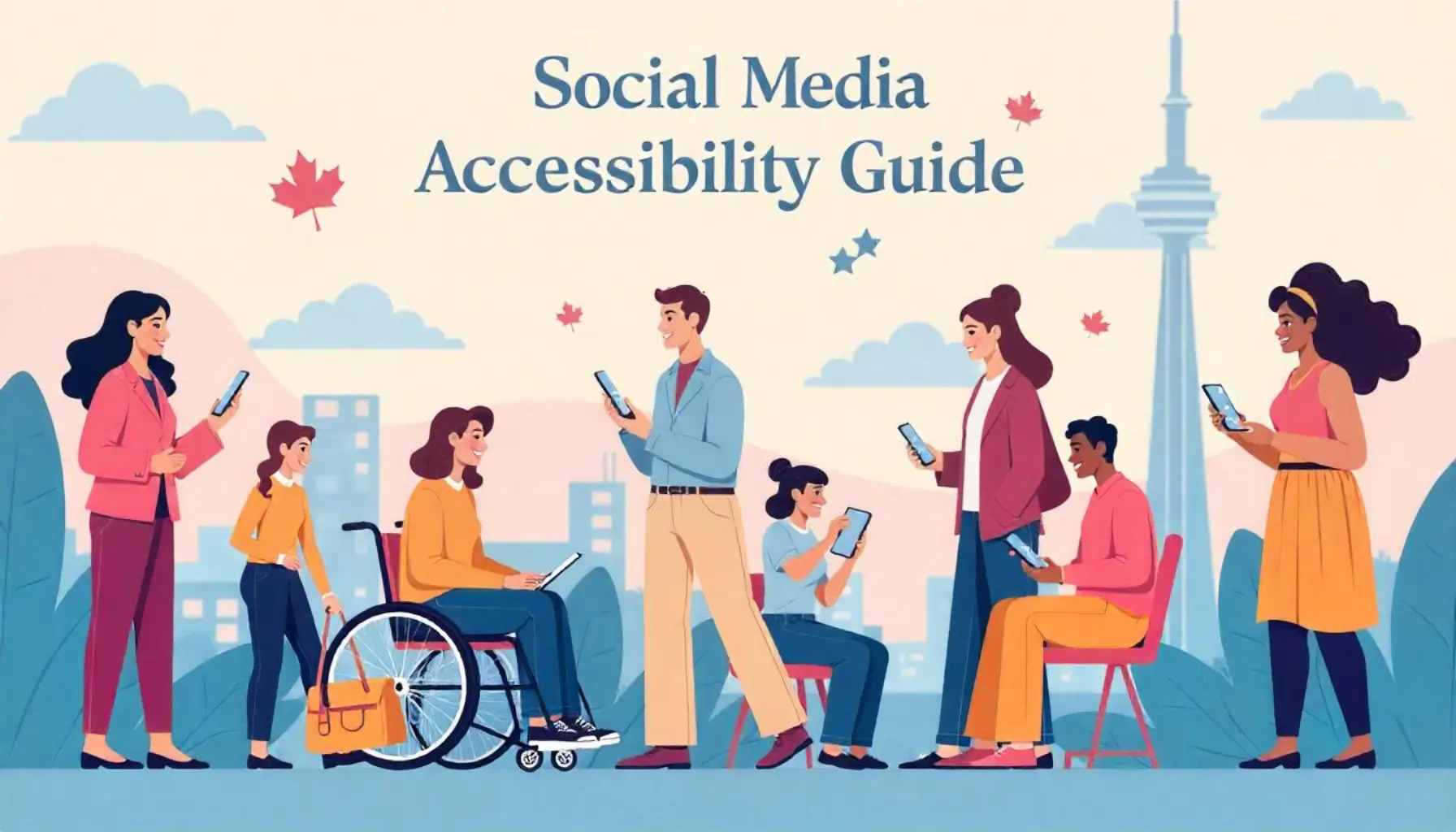The Business Case for Pursuing Accessible Digital Media
PROVIDENCE, RI–(Marketwired – March 09, 2016) – Enforcement of the digital accessibility regulations under the Americans with Disabilities Act (ADA) has been steadily increasing over the years, but there are factors aside from the legal obligations that help make a strong business case as to why attaining accessibility is a good idea. Companies and organizations prosper when they ensure their websites are accessible to all populations, including many famous people living with disabilities, using assistive technology like screen readers, as well the older generation to name a few. Some corporate advantages include:
Financial — Why would anyone purposely keep a potential customer from buying their product or service? That’s exactly what’s happening if a website can’t be understood by someone using assistive technology, for example. If the user has difficulty navigating a website, they will be unable to make a purchase and that company will have lost business.
Social — One would be hard pressed to find a business that would intentionally choose to be known as an organization that does not support equal opportunity, or at least find it important enough to pursue. With social media spreading people’s opinions like wildfire, the damage of a poor reputation can be hard to fix, and at times can be irreparable.
Technical — One advantageous consequence of making a website accessible, is that it forces a “clean up” of the site’s code. This not only reduces ongoing maintenance time, but can also reduce the server load, speeding processes up overall.
1 in 5 people finds the Internet to be inaccessible, which means 20% of the population is potentially buying from a competitor, or perhaps spreading word about his or her poor experience on an inaccessible website. These are not smart risks to take. Not only is it just a matter of time before the Department of Justice (DOJ) strengthens enforcement of the “Public Accommodation Website Regulations,” achieving digital accessibility now makes good business sense in more ways than one.
About BoIA
The Bureau of Internet Accessibility (BoIA) has been helping companies achieve and maintain website accessibility compliancy for over fifteen years. Their personalized approach begins with performing an automated and manual website audit, then providing comprehensive reporting that includes a programmer’s guide citing specific non-compliance issues and best practice remediation recommendations. BoIA’s services also comprise of ongoing client support, collaborating with their clients as the accessibility subject matter experts and performing consistent ad hoc testing, staff training and consultative services.







